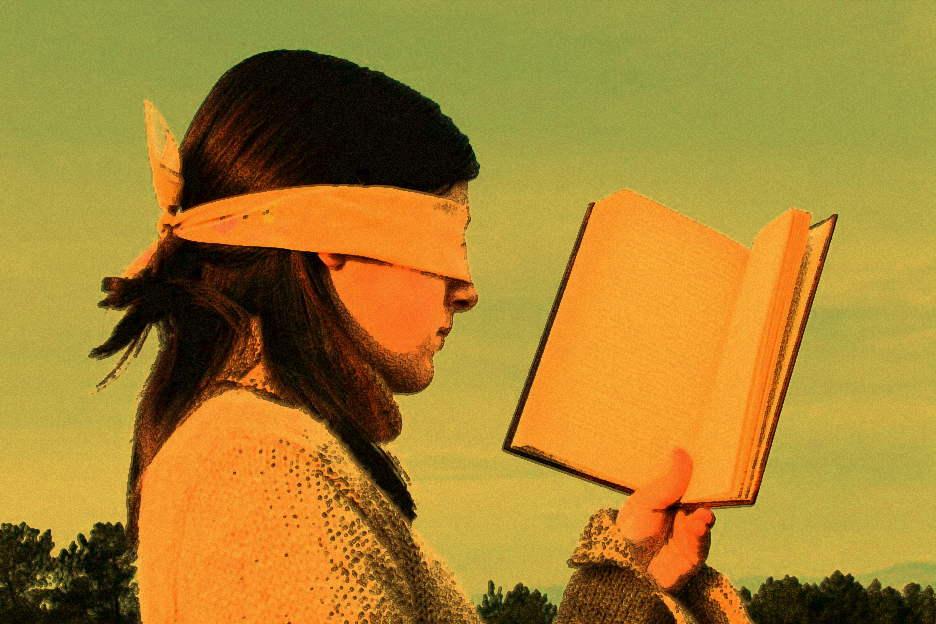My Experience Being a Blind Reviewer of Books
I recently published an article on LinkedIn with advice for being a blind reviewer for books. Over the last eight years, I have reviewed around 12 books. Possibly more. I would say that a little over half of the book proposals I have reviewed have been pretty terrible.

(Image from Exordo.com)
The first book I reviewed was a high theory monograph (read: "many times removed from any practical application") which examined the relationship between phenomenology, psychoanalysis, and religion. It was absurd. Inane. But I was so flattered that an academic publisher had reached out to me for a review that I couldn't write something critical. I wrote a few thousand words where I talked about how inspiring and insightful the book had been. It was horse shit. The book got published and my name was on the back of it as someone who had sang its praises. Feeling the cognitive dissonance, I tried to read it again to see if maybe it was pretty good. It wasn't.
When I review books now, I only ever give them the time I think it deserves. If the proposal and sample chapters are poorly written or poorly organized or both, then I summarize those opinions with examples and write my review after only reading the first few pages. I make it clear that I would be willing to read a second proposal, provided the author has made significant changes.
With the regular drivel that gets published these days, some of which I am responsible for, I am easily enticed by a well-written book. I was proud to endorse Inside Today's Elementary Schools by Jim Dillon, who was a professor at my graduate school (who I never actually took or ever talked to). The book was simple and elegant, but masterfully researched. It was clear that Dillon cared deeply about his subject matter.


Comments
Post a Comment